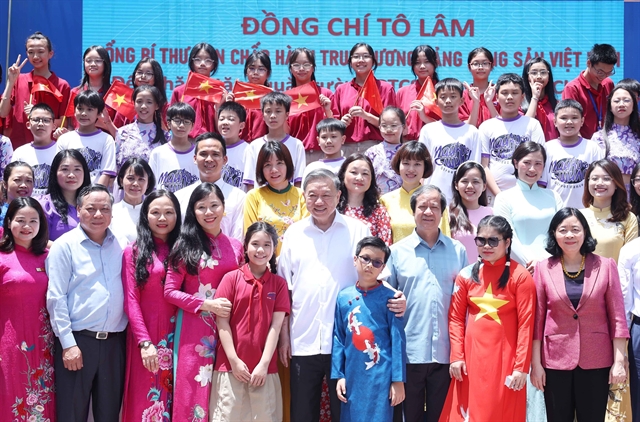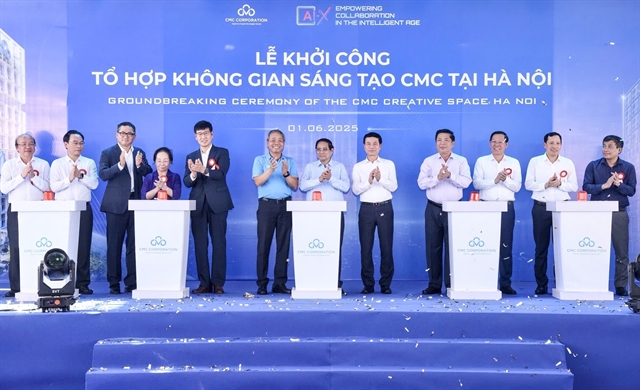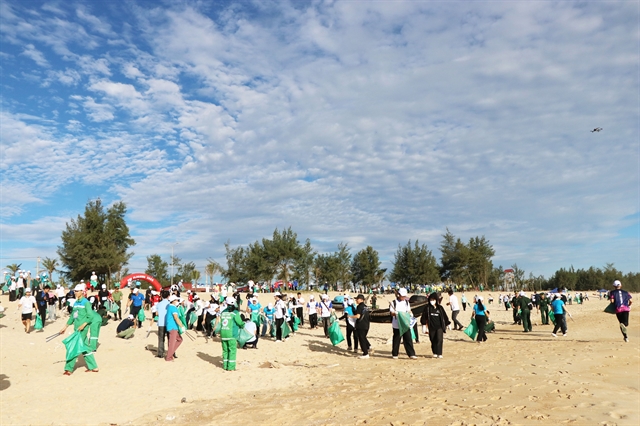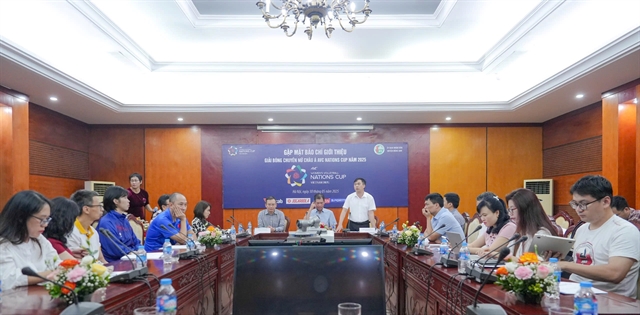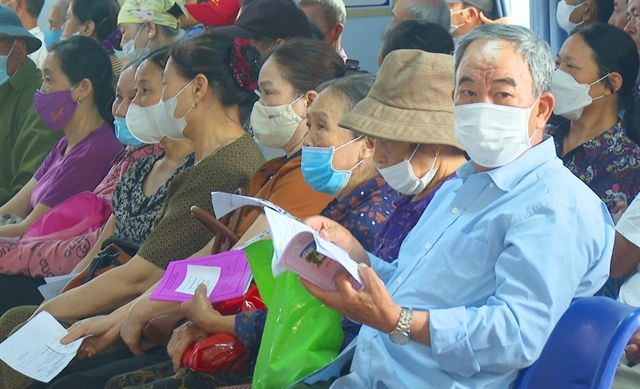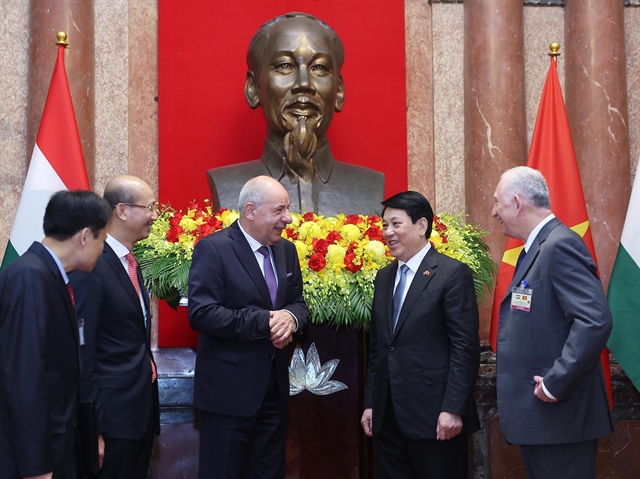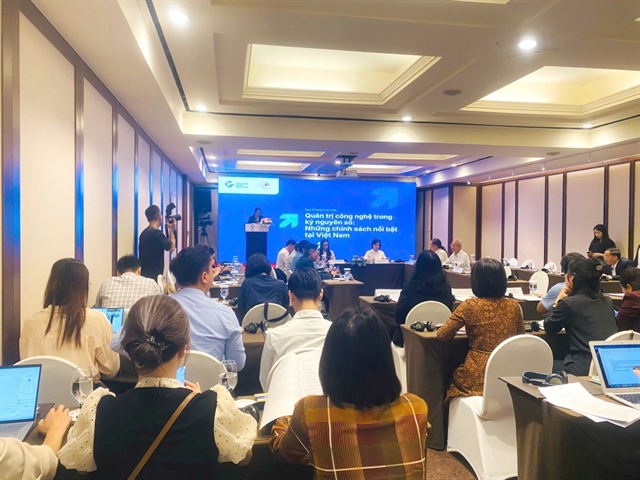

HCM CITY – CapitaLand Group has retained its top position as the ‘Global, Regional and Asia Sector Leader’ in the 2021 Global Real Estate Sustainability Benchmark rankings for its exceptional Environment, Social and Governance management and performance.
It retained the highest rating of five stars and is the only real estate company in Singapore to be named ‘Global Sector Leader’ in the ‘Diversified – Listed’ category four times.
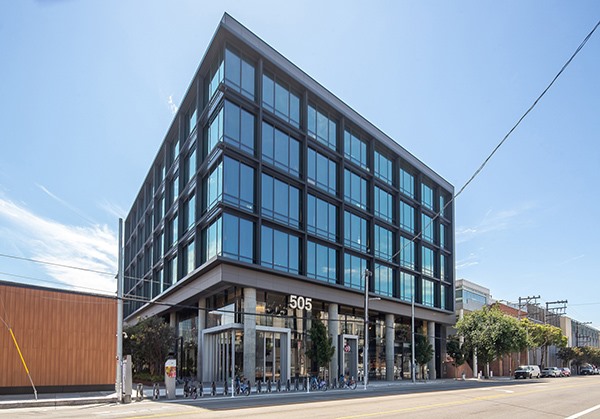
|
In January 2021, ART became the first hospitality trust in Singapore to secure a green loan. Proceeds from the green loan are being used to finance ART’s maiden development project and coliving property, lyf one-north Singapore, which is slated to open in Q4 2021.
It is also the first real estate company in Singapore to be consistently ranked among the top five in Asia since 2011.
CapitaLand Investment’s real estate investment trusts and business trusts have also been recognised as industry leaders in their respective categories.
In its first participation in the rankings (GRESB), Ascott Residence Trust was named ‘Global Sector Leader - Hotel’ and ranked top in the ‘Asia Pacific Hotel – Listed’ category.
CapitaLand Integrated Commercial Trust, or CICT, maintained the highest five-star rating, which puts it in the top 20 per cent globally in the benchmark.
CapitaLand, CICT, Ascendas Real Estate Investment Trust (Ascendas Reit), ART, and CapitaLand China Trust (CLCT) were awarded an ‘A’ for public disclosure.
With CapitaLand’s ratings in GRESB 2021, it will obtain interest rate discounts from its existing sustainability-linked loans tied to its achievements in GRESB.
CLI has just secured another sustainability-linked loan, its first from MUFG Bank, Ltd, Singapore branch, of S$400 million which is also pegged to its GRESB performance.
CLI’s India property trust, Ascendas India Trust (a-iTrust) has also secured a S$150 million sustainability-linked loan from United Overseas Bank Limited. With these two latest sustainability-linked loans, CapitaLand and its listed REITs and business trusts have secured a total of S$7.1 billion through sustainable finance to date.
Ms Lynette Leong, CLI’s chief sustainability officer, said: “CapitaLand’s consistent recognition by international indices such as GRESB cements our position as a global sustainability leader in real estate.
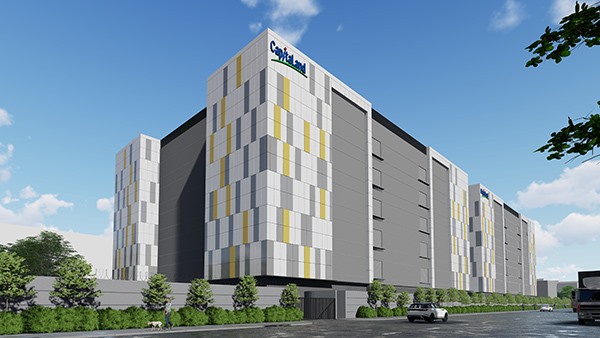
|
a-iTrust plans to adopt sustainable design principles and green building standards for its inaugural data centre campus in Navi Mumbai, India, to include features such as intelligent energy management systems, solar panels and waterless cooling systems. This year a-iTrust secured S$250 million worth of sustainability-linked loans.
“Sustainability is at the core of everything we do at CLI, and we will continue to grow our business responsibly as we reinforce CLI as one of the leading listed real estate investment managers globally.
“The interest savings from our sustainability-linked loans is a tangible testament to our ESG performance and augments our return on sustainability metric. It also enables us to fund sustainability innovation initiatives, thereby multiplying the positive impact on the environment and communities where we operate.
“We will continue to work with our capital partners to roll out more sustainable financial products and services as we push the boundaries in achieving the ambitious targets in our 2030 Sustainability Master Plan.”
Mr Ruben Langbroek, head of Asia Pacific, GRESB, said: “CapitaLand has been an early participant in the annual GRESB Assessment. We’d like to congratulate them for their ‘Global Sector Leader’ recognition in this year’s benchmark.
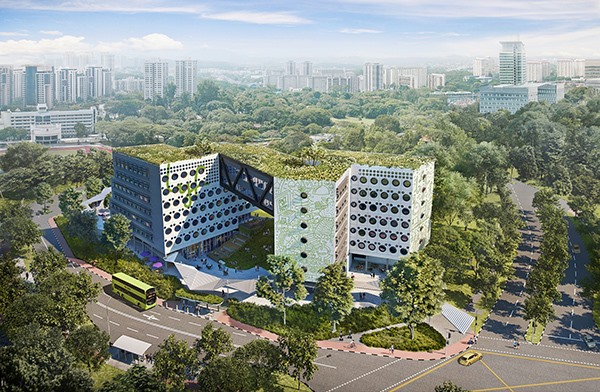
|
505 Brannan Street is a LEED® Platinum-certified class A office property in the tech city of San Francisco, U.S., owned by Ascendas Reit. Ascendas Reit was awarded an ‘A’ for public disclosure in GRESB 2021.
“CapitaLand’s ongoing commitment to further enhance its ESG performance is also demonstrated by this latest sustainability-linked loan based on its GRESB scores. These sustainable financing instruments are benefitting real estate companies with a strong ESG performance, and provide important incentives for the industry to transition to a resilient, net-zero and circular built environment – one that aligns people, planet and profit.”
The GRESB assessments are guided by what investors and the industry consider to be material issues in the sustainability performance of asset investments, and are aligned with international reporting frameworks, goals and emerging regulations. In 2021 more than 1,500 property companies, REITs, funds, and developers participated in the real estate assessment.
Track record in sustainable finance
Since 2018 CapitaLand and its listed REITs and business trusts have partnered with 12 financial institutions to secure sustainable financing instruments comprising sustainability-linked loans, green loans, green bonds, and perpetual securities
This year CICT, Ascendas Reit, CLCT, and a-iTrust secured sustainable finance of around S$1.6 billion, S$810 million, S$150 million, and S$250 million respectively from various banks.
ART obtained a S$50 million green loan from DBS Bank Ltd, making it the first hospitality trust in Singapore to secure one.
Consistently recognised as global sustainability leader by international indices
In addition to GRESB, CapitaLand has received numerous other recognitions for its sustainability leadership, including Global 100 Most Sustainable Corporations in the World Index (nine consecutive years), Dow Jones Sustainability World Index (nine consecutive years), Dow Jones Sustainability Asia Pacific Index (12 consecutive years making CapitaLand the first and longest standing real estate company in Singapore to be listed on the index), FTSE4Good Index Series (eight consecutive years since 2014), and MSCI ESG Leaders Index (CLI is listed on the index as of October 2021. CapitaLand was listed on the Index for eight consecutive years up to 2021).
CapitaLand is one of Asia’s largest diversified real estate groups.
It places sustainability at the core of what it does. As a responsible real estate company, CapitaLand contributes to the environmental and social well-being of the communities in which it operates, as it delivers long-term economic value to its stakeholders.

